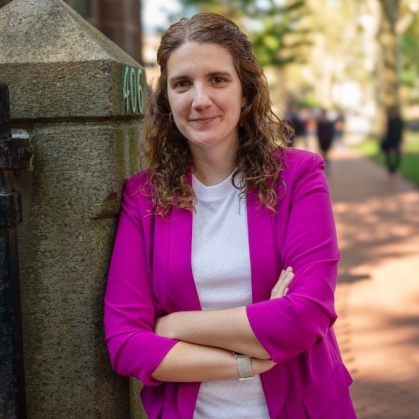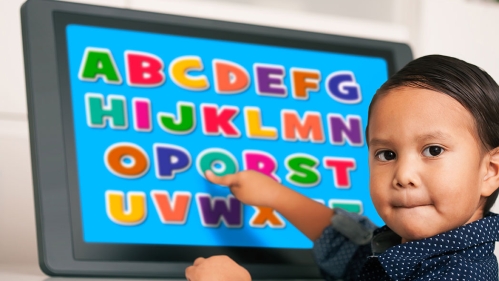Associate Professor of Spanish Silvia Perez-Cortes details her role in an eight-week family literacy program to engage Latino children and their families.

Most of us will remember 2020 as the “Year of the Pandemic.” However, it was also a time when we realized how important it was to work together to solve big problems.
Being isolated from basic services and having to remain at home for longer periods of time revealed deeply-rooted inequities affecting groups that have often been under-resourced.
In New Jersey, Latino communities were disproportionally affected by this global health crisis, intensifying existing gaps in reading proficiency among young Latino children. Developing this key academic skill at an early age is key, as it has been found to be highly correlated with college attendance rates, future earnings, or even the likelihood of having access to retirement savings.
It was during 2020 that an interdisciplinary team of physicians, social scientists and educators from different units at Rutgers University also decided to come together to devise “Ready and Healthy for Kindergarten.” This 8-week family literacy program engaged Latino children and their families the summer before entering Kindergarten.
As the only linguist and language development specialist in the team, I was tasked with the design of the sessions so that parents and children could develop academic and socioemotional skills in a bilingual environment that fostered heritage language maintenance. During the virtual sessions, participating families were able to engage with medical professionals and educators in their preferred language, receiving guidance and support to establish routines promoting health, well-being, and literacy skills.
This project, funded by the Agency for Healthcare Research and Quality (AHRQ), was so successful that we are celebrating its third iteration this year, serving approximately 300 Latino families all over New Jersey! While there is still a lot of work to do to bridge the gaps experienced by this community, I am hopeful that interdisciplinary collaborations such as ours keep happening so that we can tackle big issues together.
This newly published article presents the foundations of the project and the affordances and constraints identified during its implementation. We're also actively recruiting for the summer program, so if you know someone who might qualify or would like to get involved in the project, feel free to reach out!



